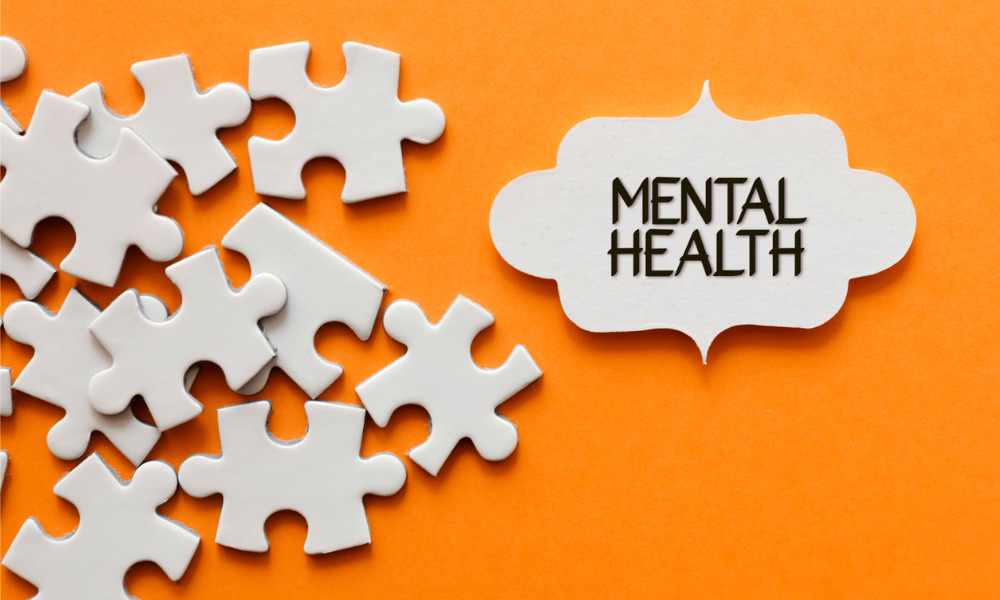
Wellbeing has taken quite the battering over the past year

Mental health has taken quite the battering over the past year. Collectively, people are feeling jaded and tired – glad for the end of the pandemic but wary of the journey ahead. As HR leaders, it once again falls to you to shepherd your people through the impending mental health crisis, whilst simultaneously rolling out wellbeing strategies that will make a tangible difference.
HRD spoke to Dr Raeleen Manjak, director of HR at the City of Vernon, Canada, who explained how her team steeped up to the challenge in 2020 – and revealed how you can do the same in your business.
“It’s always been important to focus on mental wellbeing,” prefaced Manjak. “However, the pandemic really helped to end that lingering stigma. It’s okay to step up now and say, you know what, I’m struggling. From there, employers can begin to provide service and support, to really build a resilient organization that provides everyone with the opportunity to embrace mental wellness in all its different facets. When we’re mentally well, we're mentally well in all the aspects of our life. So, whatever we can do to support our employees to be well, only enhances their opportunities and in their whole being.”
At the City of Vernon, they’re completely committed to championing mental wellness. Manjak explained how the HR team was instrumental in rolling out several key initiatives, all created to embed an authentic culture of care within the council.
“We launched several Lunch and Learns, inviting mental health leaders to speak directly to our people,” she told HRD. “They spoke on issues such as burnout, anxiety, grief, and depression – and gave meaningful advice on how to help teams cope in such unstable times. We also they set up our very own depression screening clinic, in which people were seen by experts and could receive referrals if they so required.
Read more: Will working from home hurt your career?
“From there, we created our annual Health and Wellness Fair - which we operate for all of our employees within the city,” she continued. “One day a year we get together, usually during Occupational Health and Safety Week, and have vendors come in from all over the community to speak on wellness. Our employees come, they chat with the vendors, enjoy some healthy lunch, and participate in some exercise and meditation.”
These sessions will deal will normally last around 45 minutes each, including interactive elements and one-on-one lectures.
“We went on to launch our ‘10 hours of giving’,” added Manjak. “This was an opportunity for us to pivot inside the organization and provide some curated content for our employees, which they in turn could share with their families. We had lots of different areas such as fatigue, nutrition, financial wellness, meditation, mindfulness, and dealing with conflict – all coming with some significant resources, skills, and tactics for their toolbox.”
And how did Raeleen manage such feats? Well, it was all done internally – and with an eye on the budget.
“We did it all ourselves,” she told HRD. “We leveraged our relationships with subject matter experts to provide us with our ‘10 hours of giving’ - they did that for free. In terms of coordinating the Lunch and Learns, and the annual Health and Wellness Fair, we budget for that through our joint Occupational Health and Safety Committee. We also call upon volunteers from within the organization to help us - but mostly it’s championed through the HR department.”